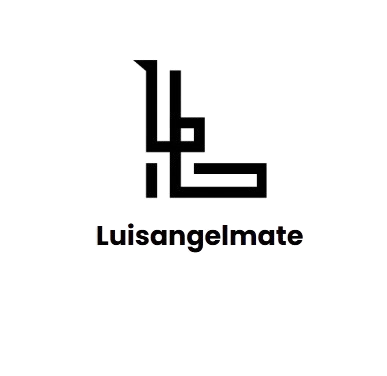Technology: Shaping the World of Tomorrow
Technology is the cornerstone of modern civilization. From the invention of the wheel to the development of artificial intelligence, humanity has consistently advanced by creating tools to solve problems and enhance life. In today’s digital age, technology is evolving faster than ever, impacting every corner of society—from communication and education to healthcare and the environment.
Communication has seen a dramatic transformation thanks to technology. Gone are the days when letters took weeks to arrive. Today, people can connect in real time through messaging apps, video calls, and social media platforms. These tools have not only changed how we stay in touch with friends and family but also how businesses operate globally. Companies now rely on digital platforms to hold virtual meetings, manage teams, and reach customers across continents.
Education has become more accessible and flexible with the rise of online learning platforms. Students can attend virtual classes, access digital libraries, and participate in interactive simulations from anywhere in the world. Educational technology (EdTech) has made personalized learning a reality, allowing individuals to learn at their own pace using AI-powered tutors and apps. This shift has opened new doors for those who previously lacked access to quality education.
In healthcare, technology is saving lives and improving patient outcomes. Telemedicine allows doctors to consult patients remotely, a service that gained popularity during the COVID-19 pandemic. Wearable devices like smartwatches can monitor heart rate, sleep patterns, and activity levels, empowering users to take charge of their health. Moreover, artificial intelligence is being used to detect diseases like cancer in early stages, leading to more effective treatment.
Environmental technology is playing a crucial role in combating climate change. Innovations such as solar panels, wind turbines, and electric vehicles are reducing carbon emissions and helping the world transition to renewable energy. Smart sensors and data analytics are used in agriculture to monitor soil health and water usage, promoting sustainable farming practices.
In the business world, automation and data analytics are improving productivity and decision-making. Robots are performing repetitive tasks in factories, while software handles everything from inventory management to customer service. E-commerce platforms, powered by secure payment systems and real-time logistics tracking, have transformed how people shop.
However, the rapid growth of technology also brings challenges. Cybersecurity threats are increasing, putting personal data and national security at risk. The spread of misinformation through digital platforms can influence public opinion and create social divisions. Additionally, the digital divide continues to exclude millions from the benefits of modern technology, especially in developing regions.
Despite these concerns, the future of technology remains promising. Emerging fields like quantum computing, blockchain, and biotechnology hold potential to revolutionize entire industries. As society navigates this evolving landscape, it’s essential to use technology ethically and inclusively.
In conclusion, technology is not just a tool—it’s a powerful force shaping the future of humanity. By embracing innovation while addressing its challenges, we can build a smarter, more connected, and sustainable world.

Leave a Reply